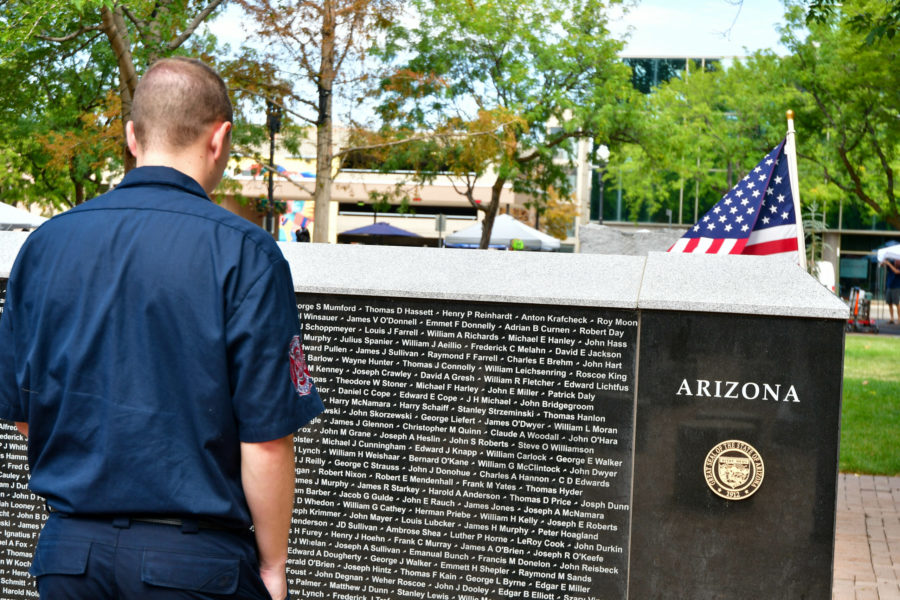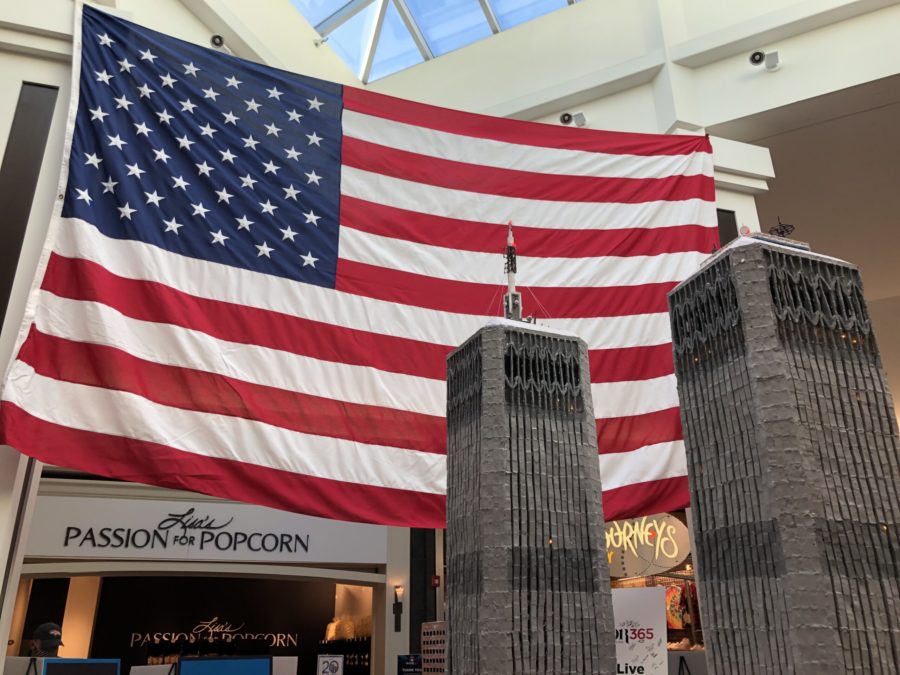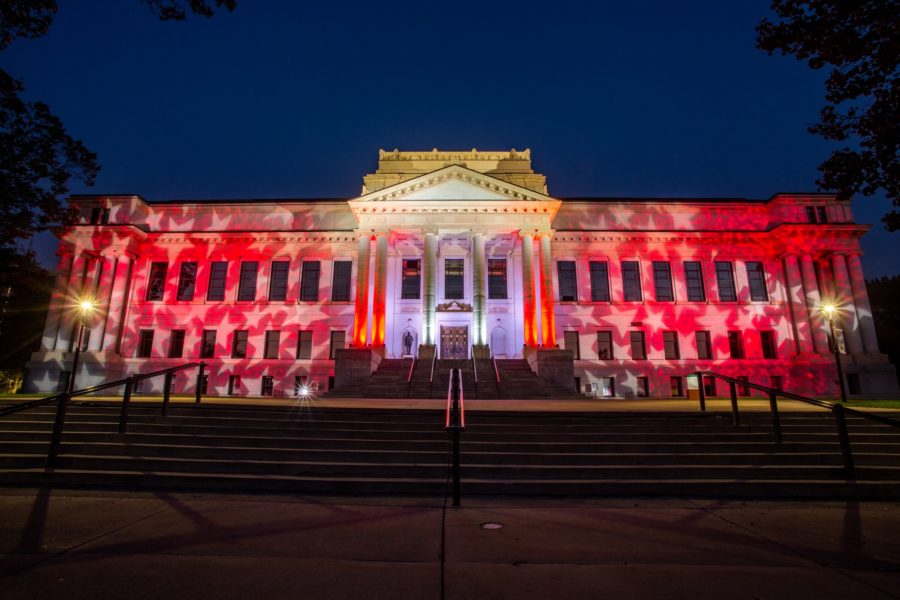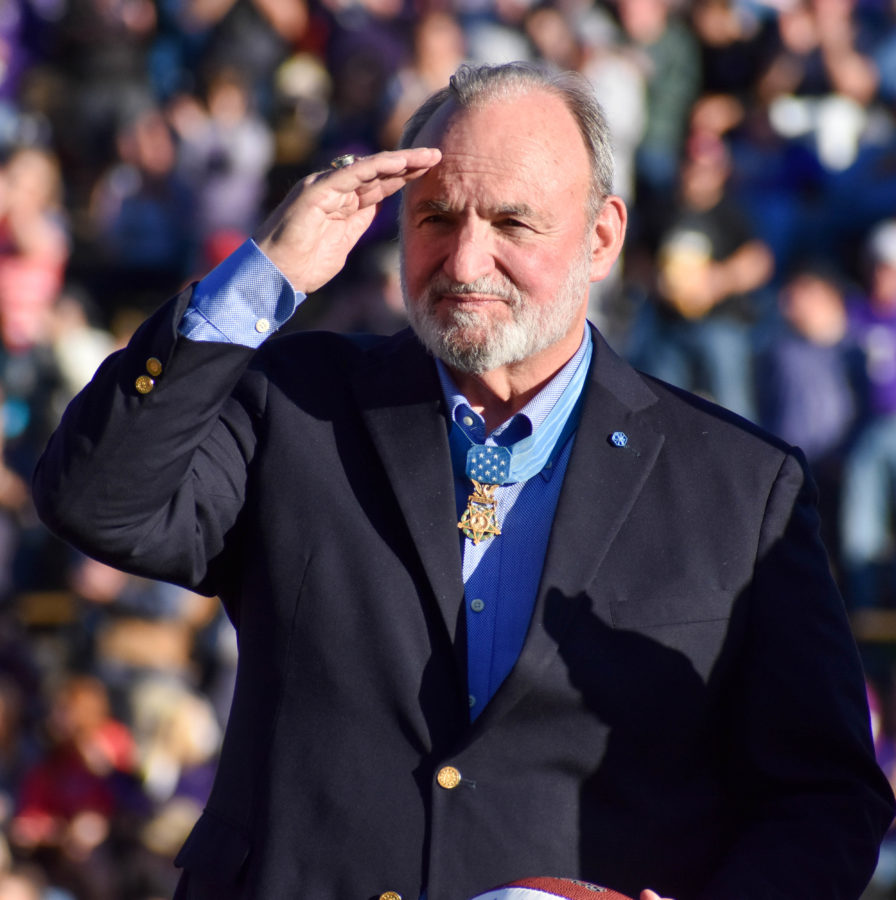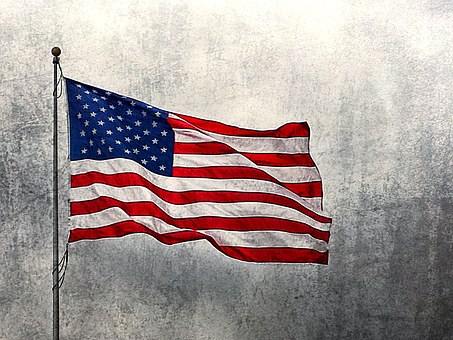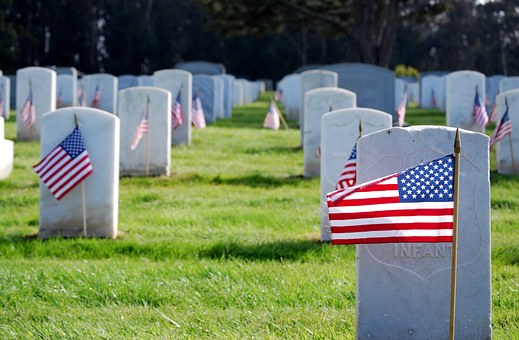
The TV in all the classrooms showed the same scene of destruction. First one plane hitting a tall, grey building, then another, causing flames and explosions. As a 7-year-old, I was terrified.
My mom worked as a fourth grade teacher at the elementary school I attended. Just like every other morning, Mom and I had gotten to school at about 7:30 am. She had left to make some copies while I traced my hand on printer paper and painted on crayon fingernails.
A strange, strangled noise came from the TV mounted on the wall. News coverage of the Sept. 11 attack flared to life on the small screen. Terrified from my first glimpse of the horror, I bolted, tears streaming down my cheeks, to the secretary’s office and my mother.
Mom and a small group of teachers stood mesmerized, watching the tragedy. Some cried quietly, some glared angrily. As grown-ups, they all knew what it meant. At 7 years old, I had no idea what two planes and two shiny buildings would mean in a few short years.
Almost immediately, at least it seemed that way to me, the morning news became inundated with angry politicians, video clips of people running from dust clouds and the face of the man responsible.
My uncle Rocky, who was so much younger than my parents that he could’ve been my older brother, had started spending time at our house, playing Halo and ordering pizza. One night, after my parents thought I was in bed, I could hear Mom sobbing, Dad trying to comfort her. Rocky had chosen to enlist in the Marines and join in the manhunt for Osama Bin Laden.
Fast forward three and a half years. Rocky hadn’t come back to play Halo and eat pizza since the day I saw Mom crying. One morning in March, before the sun came up, Dad woke me up and had me sit with him on the couch. He explained to my older brother and me that Uncle Rocky wouldn’t be coming home, that he’d been killed in Iraq protecting a mail carrier.
Sept. 11 wasn’t just a scary morning full of buildings and airplanes, it was the day that eventually lead to my uncle’s death.
I remember watching my mom and dad walk listlessly around the house. My dad, previously reserved about his political views, started launching into rants about the logical fallacy of warfare at the slightest mention of the Middle East or President Bush. My mother would cry for hours when she thought no one was watching, soaking socks and dishes in her tears.
While I watched my parents struggle with their grief, I also watched as my parents and my aunts, uncles and cousins became closer than ever. Before Rocky’s death, we never spent much time together. For example, I knew I had a cousin seven days younger than me named Aubree, but I didn’t know much about her. We never played together at family functions. After Rocky’s death, Aubree and I became very close, spending several weeks together at camp each summer.
I also watched my parent’s relationship improve as they both did their best to cope with their own grief. They fought about money and helping around the house less. The grief seemed to cool both of their fiery tempers.
My relationship with my older brother also improved. Instead of being embarrassed when his little sister hugged him in front of his friends, he hugged me back. He shared some of his favorite games with me and started helping me with my homework when I asked him to.
I’m pretty sure Osama Bin Laden didn’t intend on strengthening family bonds when he planned the Sept. 11 attacks. Regardless, that’s what happened for me and my family because those two buildings fell.














